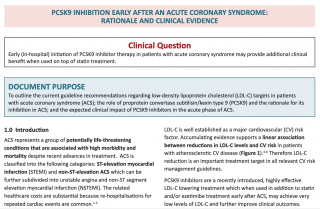Prof. Dr Anna Franzone
Cardiologist
- Federico II University of Naples
Italy
Dr Franzone is an Assistant Professor of Cardiology at Federico II University of Naples. Her education in the field started before graduation through experiences in molecular basic research: she has planned and performed experiments in animal models of myocardial infarction and pathological cardiac hypertrophy. She also studied the molecular basis of atherosclerosis and its related translational aspects in clinical practice. The results of these initial investigations were published in high impact journals in the field of cardiovascular medicine. During the residency at the School of Cardiology of Federico II University of Naples, Dr Franzone started her practice in interventional cardiology and focused her research interest in the field of coronary and structural heart interventions. Since 2014, she attended the PhD program in Clinical and Experimental Medicine and completed a clinical fellowship at Bern University Hospital where she had the opportunity to further advance the scientific knowledge in the field of interventional cardiology and to publish several papers on the topic. Her research focus converged to the percutaneous treatment of coronary and aortic valve disease. In addition, she showed interpersonal skills that allowed her to cultivate a strong team environment and join international collaborations. Dr Franzone is an active member of the main cardiological international societies and boards.
Programmes developed by Prof. Dr Anna Franzone
BluePrint resource: PCSK9 inhibitor therapies in ACS


 Downloadable
Downloadable  10 MIN
10 MIN
 Sep 2021
Sep 2021 
